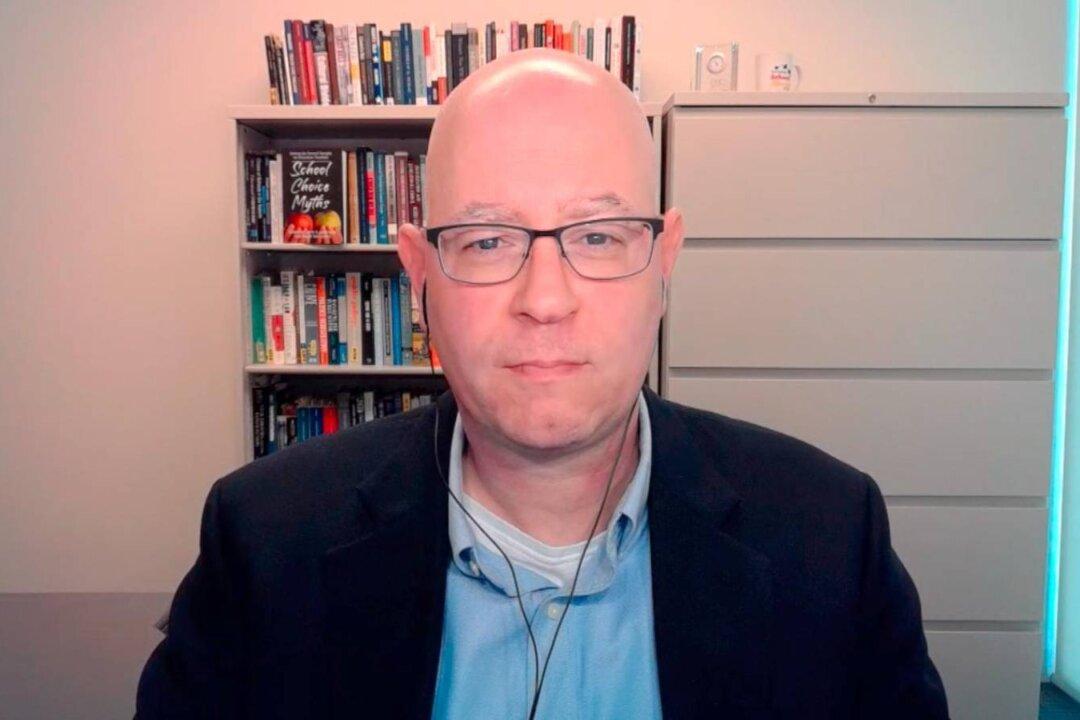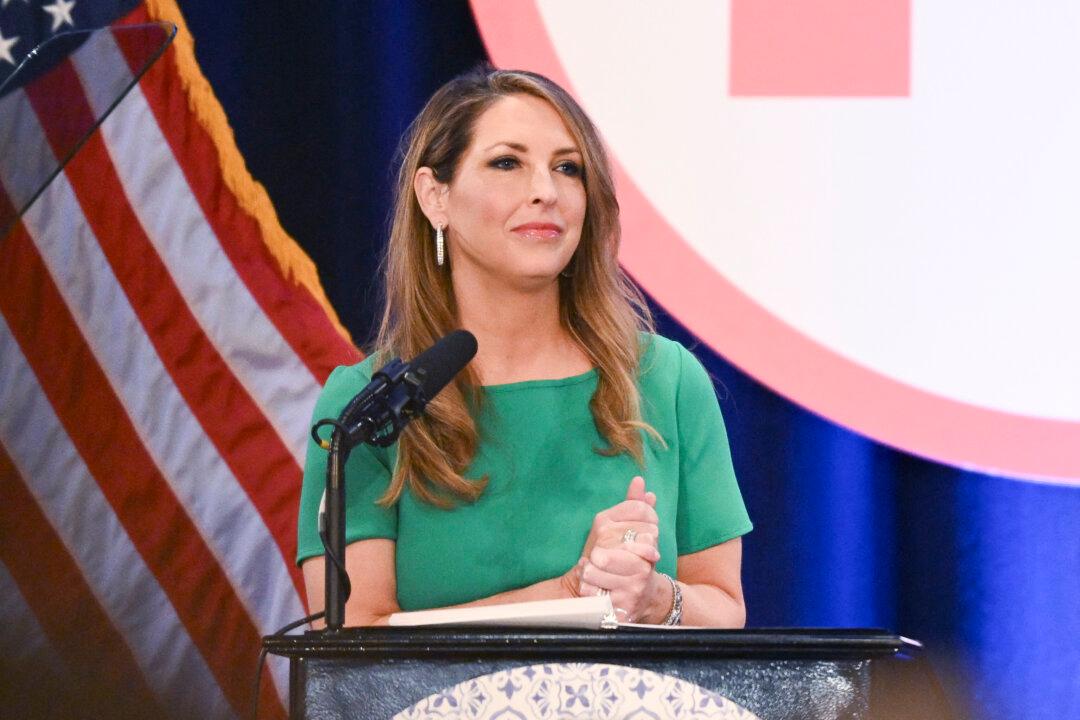Empowering parents with school choice will bring real accountability to the school system, Neal McCluskey, director of the Cato Institute’s Center for Educational Freedom, said.
“When a parent can take their child and the money [from] a school that’s not working for them, and take them to another school, that’s instant accountability,” he said. “The school that’s losing that child and is presumably then losing other children, they'll say: Look, we’re doing something wrong. If we don’t fix what we’re doing, we’re gonna go out of business.”






